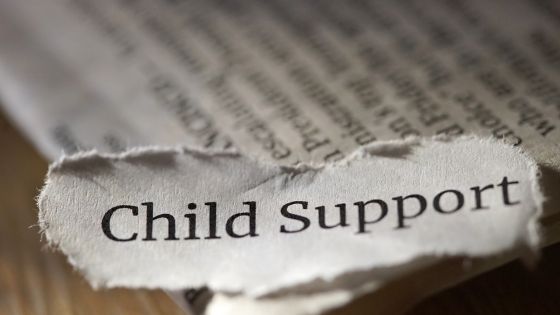Single parents often find it challenging to pursue the child support their children are entitled to receive. When a deadbeat parent declines to pay, the laws governing child support come into effect. All parents should pay support for their children, regardless of their custody status. Single parents may need to get legal help for child support cases.
How Do States Enforce Child Support Orders?
Non-custodial parents must pay child support until their child reaches the age of eighteen or twenty-one, depending on their education status. Those who have a child support order need to learn more about child support. The following are some of the ways states enforce child support orders.
- The court system can require employers to deduct child support payments from the parent’s paycheck. Wage withholding is an effective way of ensuring non-custodial parents are compliant with their child support orders and the law.
- Authorities may place a lien on any property owned by the non-custodial parent. In some cases, property and assets are seized to pay child support in arrears. The seized property gets sold, and the proceeds go to the custodial parent.
- A person’s federal and state income tax refunds may also be intercepted by the courts to pay child support debt on behalf of the non-custodial parent.
- In some cases, non-custodial parents are found in contempt of court by a judge because they fail to pay court-ordered child support. Many non-custodial parents serve jail terms because of their refusal to provide monetary support for their children.
- Other enforcement is available and used at the discretion of the courts.
Child Support Enforcement Is Imperfect
Sometimes, despite the best efforts of the court, child support issues fall through the cracks. Non-custodial parents can fail to provide their addresses and employer information. A person may also attempt to work without documentation in an attempt to avoid paying child support.
When parents attempt to evade child support enforcement, they are breaking the law and must face the consequences. No child should have to go without their daily needs because of a parent who refuses to provide them with monetary support.
Seeking Legal Help Becomes Necessary
If a parent is not paying the amount of child support ordered by the court, the custodial parent has the right to pursue the matter. Frequently, custodial parents must stand up for the rights of themselves and their children by pursuing legal help.
Meeting with a child support attorney helps custodial parents discover their rights and the best means of obtaining or enforcing a child support order. The child support lawyer becomes an advocate for the custodial parent and children.
Lawyers will investigate the non-custodial parent. They may employ a private investigator to track down the deadbeat parent and determine their employer and asset information.
The lawyer will fight for child support for the custodial parent and their children. Lawyers will represent their clients throughout the child support proceedings, including any contempt of court trials that may result.
Get Started Right Away
No custodial parent should have to suffer financially because the other parent refuses to pay child support. Because child support enforcement takes time, starting the process as soon as possible is wise.
Getting help from an attorney makes the process of obtaining fair child support easier and less stressful. The attorney will guide their clients and help them make decisions based on the law, rather than their fleeting emotions. Now is the time to get started.

















